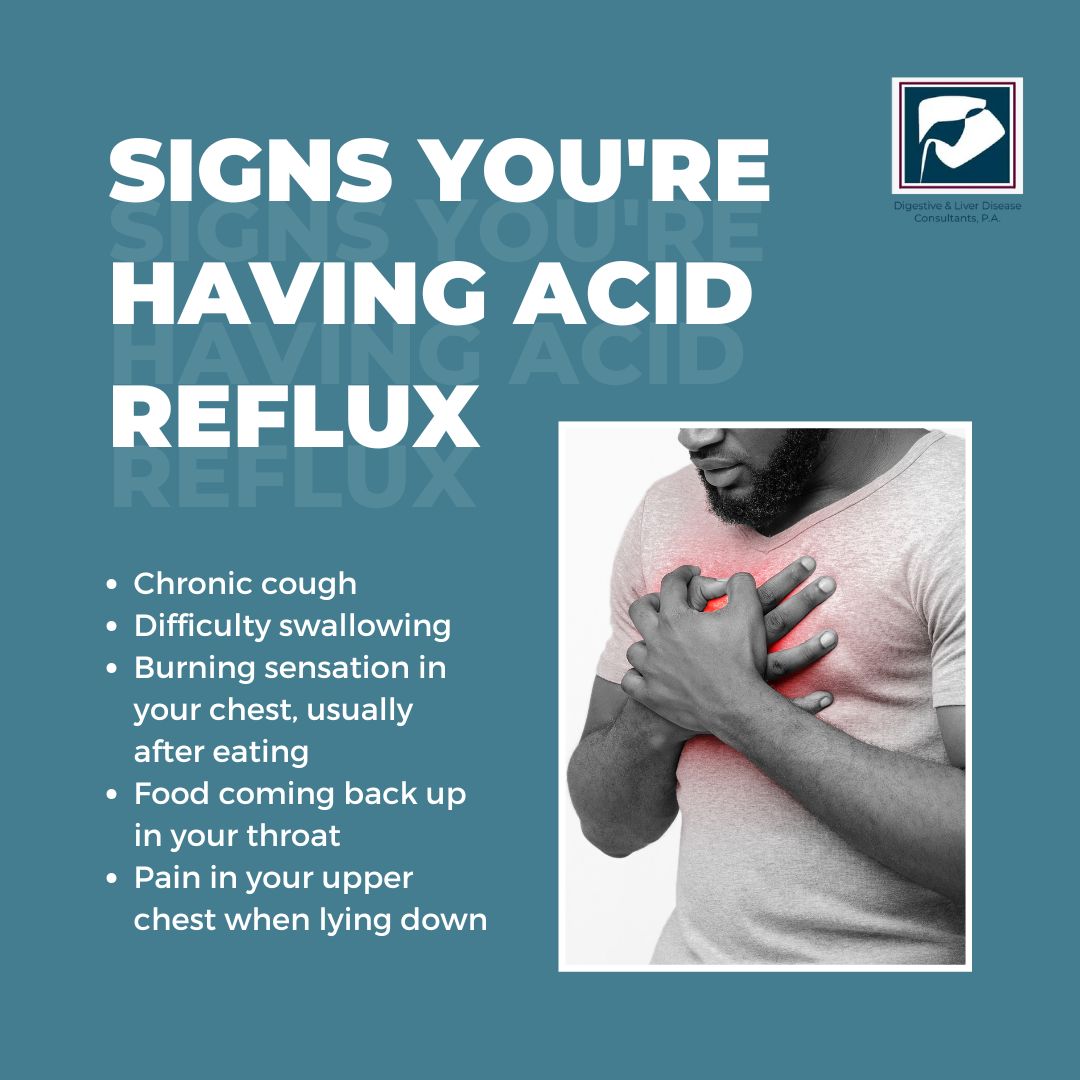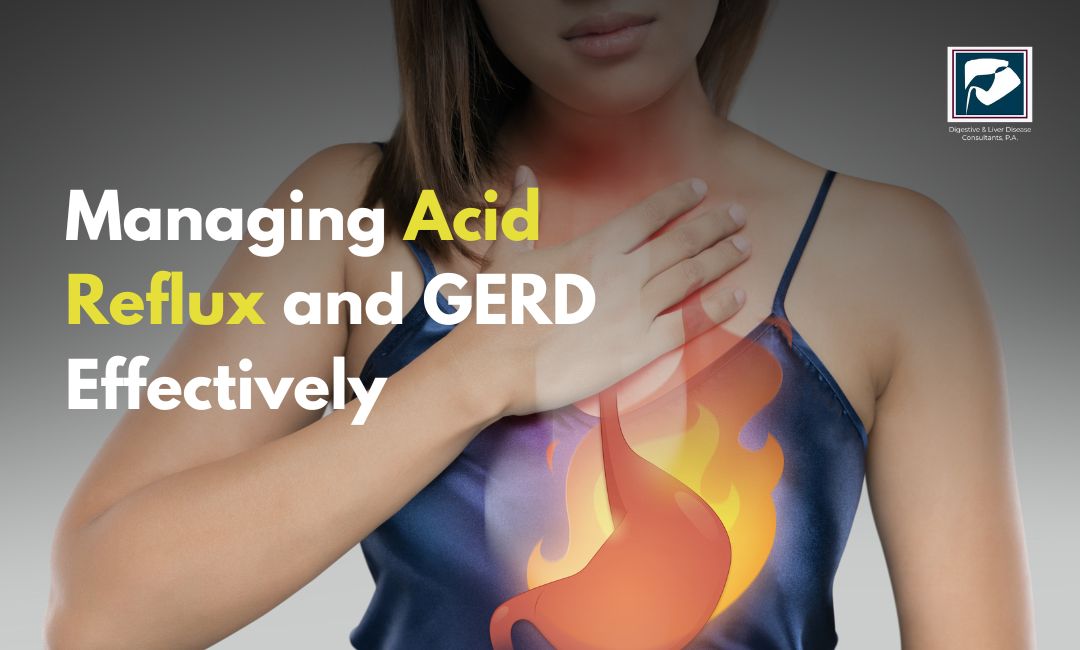Acid reflux and Gastroesophageal Reflux Disease (GERD) are common conditions that affect millions of people around the world. If you’ve ever felt the discomfort of heartburn after a meal or experienced a sour taste in your mouth, you may have encountered acid reflux. While occasional acid reflux is common, when it happens frequently, it can lead to GERD, a more serious condition that can cause long-term damage to your digestive system. Understanding how to manage acid reflux and GERD can help improve your quality of life and prevent complications.
What is Acid Reflux and GERD?
Acid reflux occurs when stomach acid flows back into the esophagus, causing discomfort and symptoms like heartburn, regurgitation, and chest pain. This backflow happens when the lower esophageal sphincter (LES), a ring of muscle at the bottom of the esophagus, relaxes at the wrong time, allowing stomach acid to escape.
GERD is a more severe form of acid reflux. If acid reflux happens more than twice a week, it can be diagnosed as GERD. Over time, GERD can cause damage to the lining of the esophagus, leading to complications such as esophagitis (inflammation of the esophagus), ulcers, and even an increased risk of esophageal cancer.

Symptoms of Acid Reflux and GERD
The symptoms of acid reflux and GERD can vary from person to person, but common signs include:
- Heartburn: A burning sensation in the chest or throat, often after eating.
- Regurgitation: A sour or bitter taste in the mouth due to stomach acid moving upward.
- Difficulty swallowing: The sensation that food is stuck in the chest or throat.
- Chest pain: A sharp or pressure-like pain in the chest that may mimic a heart attack.
- Coughing or hoarseness: Especially when lying down, due to acid irritating the throat.
If you experience these symptoms frequently, it’s important to seek medical attention to prevent further complications.
Causes and Risk Factors of Acid Reflux and GERD
Several factors can contribute to the development of acid reflux and GERD, including:
Weak lower esophageal sphincter (LES): A weak LES is the primary cause of acid reflux. When the LES doesn’t close properly, stomach acid can leak into the esophagus.
Hiatal hernia: A condition in which part of the stomach pushes up through the diaphragm, affecting the LES's function.
Obesity: Excess weight puts pressure on the stomach, increasing the likelihood of acid reflux.
Pregnancy: Hormonal changes and pressure from the growing fetus can relax the LES and cause reflux.
Smoking: Smoking weakens the LES and increases acid production.
Certain foods and drinks: Spicy foods, citrus, chocolate, alcohol, coffee, and carbonated beverages can trigger acid reflux.
Medications: Certain medications, such as painkillers, blood pressure drugs, and asthma treatments, can relax the LES and increase acid reflux risk.
Effective Ways to Manage Acid Reflux and GERD
While acid reflux and GERD can be challenging, there are several steps you can take to manage these conditions effectively. Let’s look at lifestyle changes, dietary adjustments, and medical treatments that can help.
1. Lifestyle Changes
Eat smaller meals: Eating large meals can overwhelm the stomach and increase the likelihood of acid reflux. Opt for smaller, more frequent meals throughout the day.
Avoid lying down after meals: Wait at least 2-3 hours before lying down after eating. This helps prevent acid from moving upward into the esophagus.
Elevate the head of your bed: Sleeping with your head elevated can help prevent acid reflux during the night. Use blocks or a wedge pillow to raise the head of your bed by about 6-8 inches.
Wear loose-fitting clothes: Tight clothing, especially around the waist, can put pressure on the stomach, contributing to acid reflux.
Quit smoking: Smoking relaxes the LES and increases acid production. Quitting smoking can help reduce symptoms.
Maintain a healthy weight: Excess weight puts pressure on your stomach, so losing weight may improve acid reflux symptoms.
2. Dietary Adjustments
Avoid trigger foods: Certain foods can relax the LES and increase acid production. Common triggers include fatty foods, spicy foods, chocolate, caffeine, alcohol, and citrus fruits. Pay attention to what triggers your symptoms and try to avoid them.
Eat more alkaline foods: Foods like bananas, melons, oatmeal, and green vegetables can help neutralize stomach acid.
Drink plenty of water: Staying hydrated can help dilute stomach acid and prevent reflux.
Chew gum: Chewing gum after meals can stimulate saliva production, which helps neutralize stomach acid.
3. Medical Treatments
In some cases, lifestyle and dietary changes may not be enough to manage GERD or severe acid reflux. In these situations, medication and medical procedures may be necessary.
Antacids: Over-the-counter antacids can help neutralize stomach acid and provide quick relief from heartburn.
H2 blockers: These medications reduce stomach acid production and can provide longer-lasting relief.
Proton pump inhibitors (PPIs): PPIs are more potent medications that block acid production and are often prescribed for GERD.
Surgery: In severe cases, when other treatments don’t work, surgical options like fundoplication may be considered. This procedure strengthens the LES to prevent acid reflux.
When to See a Doctor
If your acid reflux or GERD symptoms are persistent, severe, or worsening, it’s important to consult a healthcare professional. Prolonged acid reflux can lead to complications such as esophageal damage, ulcers, and narrowing of the esophagus. Early intervention can help prevent these issues and improve your quality of life.
Conclusion
Managing acid reflux and GERD is essential to preventing long-term complications and improving your comfort. By adopting healthy lifestyle habits, making dietary adjustments, and seeking medical treatment when necessary, you can effectively manage these conditions. If you are struggling with persistent acid reflux or GERD symptoms, don’t wait to seek help. A healthcare professional can guide you toward the right treatment plan and help you find relief.
If you’re suffering from frequent acid reflux or GERD, consult with our best experienced gastroenterologists at Digestive & Liver Disease Consultants P.A.






